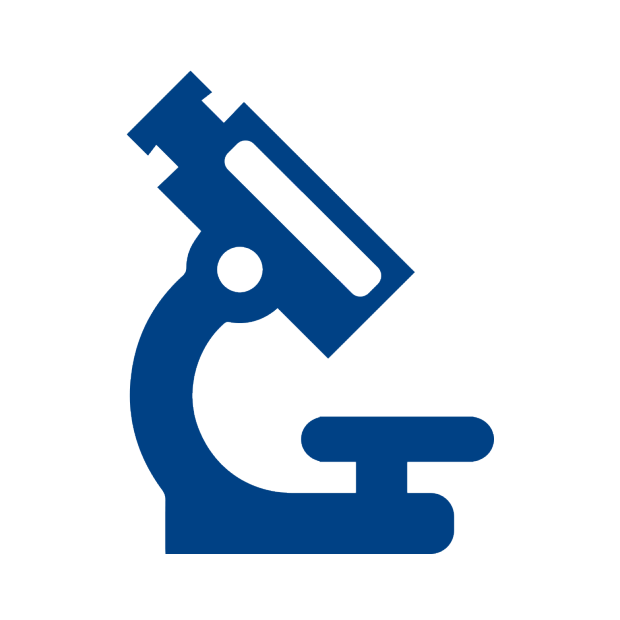David Kolb* developed a cyclical learning model for EL, where learners:
- start the experience;
- reflect on what they have done;
- abstract what they have learned;
- apply and test their learning through experimentation; and then
- engage in the next phases of their experience or in a new experience.
The key to mastery is to integrate new knowledge and skills into what is already known, and to applying them to what will be done in the future.
*Kolb, D. (1984). Experiential Learning: Experience As the Source of Learning and Development. Englewood Cliffs, NJ: Prentice Hall.



 Kolb's (1984) EL model
Kolb's (1984) EL model






